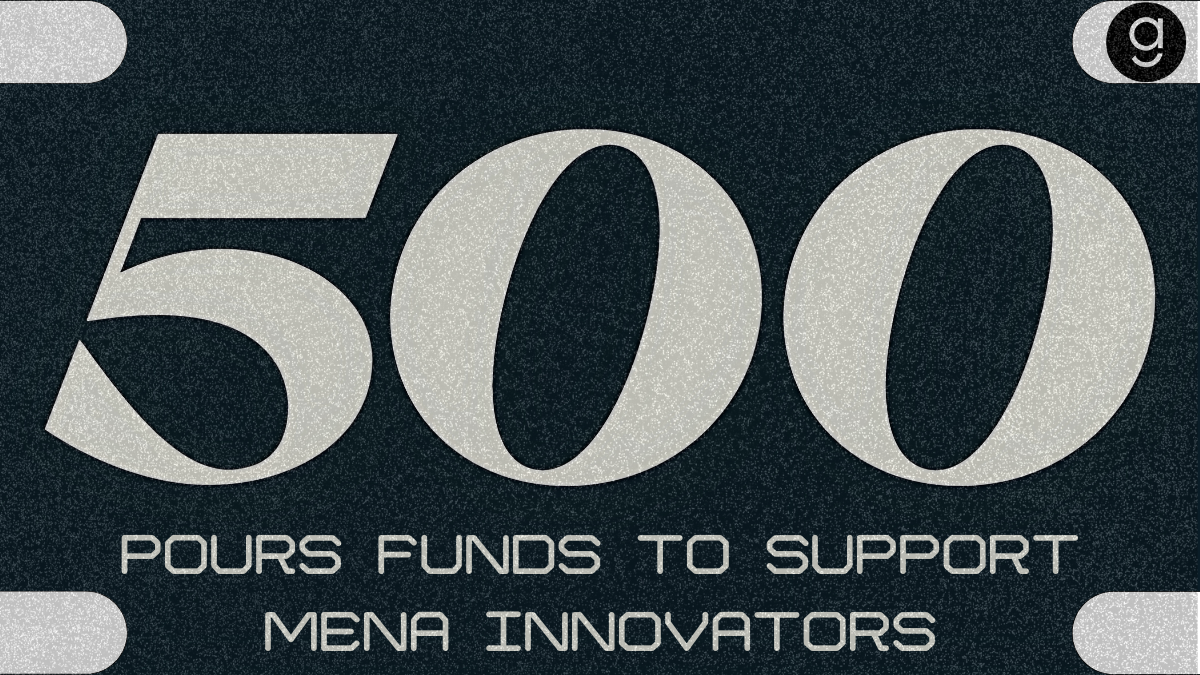MENA Surges Ahead in Digital Commerce, Outpaces Global Trends

4 min
Digital commerce in MENA has seen remarkable growth, leading global digital trends.
Online transactions have spiked, with Checkout com reporting a 626% volume growth since 2020.
Food delivery leads online shopping, while fashion, beauty, and electronics also thrive.
Digital payment methods are replacing cash, with a significant decline in cash-on-delivery options.
AI innovations are redefining shopping experiences, although online fraud concerns are rising.
Back when Arageek highlighted how the Middle East and North Africa were starting to make serious moves in fintech, few might have pictured just how fast things would progress. Now, Checkout.com’s fifth annual "State of Digital Commerce in MENA 2025" report has painted the full picture, revealing how MENA isn't just keeping pace with global digital trends—it's placed itself firmly in front.
The latest figures give a glimpse into just how quickly the region has embraced digital commerce. Daily online transactions saw an incredible 139% spike since 2020, with Checkout.com itself seeing staggering processing volumes shooting up by 626% over the same period and clocking an impressive year-on-year growth of 78%. Clearly, the pandemic-driven shift has evolved into a permanent habit, with digital platforms becoming the go-to option for millions across the region.
I’ve lost count of the times a colleague in Dubai or Cairo would casually say how easy their grocery or dinner orders had become, and now the numbers show it: food delivery comfortably commands first place with 47% of online shopping transactions. Fashion trails just behind on 38%, while beauty and electronics have both secured a neatly tied third place with 34% each. It’s clear digital shopping in the region isn’t simply a fleeting lockdown fix—it’s a new way of life entirely.
Interestingly, rapid change hasn't only touched consumer spending habits—financial transactions themselves are rapidly evolving too. Take Account Funding Transactions (AFTs) in the UAE—a method which allows real-time digital payments—it's seen jaw-dropping growth of 388% annually. Whether it's salaries, gig payments or straightforward peer transfers, more people than ever are shifting away from cash towards digital payments. In fact, cash-on-delivery use across the region has nose-dived by a solid 60% since 2020.
Looking towards the near future, 61% of MENA residents plan to do even more online shopping next year. Categories like flights, hotels, groceries, retail goods, and even government services are expected to be among the main beneficiaries of this ongoing trend.
Remo Giovanni Abbondandolo, General Manager for MENA at Checkout.com, described it brilliantly: "Across every innovation shaping the future of ecommerce, MENA markets consistently rank among the most forward-looking. This isn’t a region catching up, it’s a region leading the world." He points out this isn't a random coincidence—it's broadly down to visionary central banks, proactive regulators, innovative fintechs, digitally-savvy merchants and, of course, a young, tech-native population enthusiastic about innovation.
And it's not just fintech advances alone—Shoppers in MENA are also massively into their AI innovations. Nearly half of users (45%) now routinely engage with Generative Chat tools to make decisions while shopping online, with an even larger share—53%—dabbling with Visual Search AI. From virtual try-ons of sunglasses to pinpointing the perfect outfit, the level of AI integration surpasses most other regions.
Interestingly, the new digital shopping world doesn't confine itself quietly behind computer screens and mobiles at home; it's infiltrating brick-and-morter stores too. According to the Checkout.com report, about 37% of MENA customers today instantly hop on their phones to search out better deals online, even as they're physically browsing. Retailers, naturally, aren't sitting idle–QR codes, augmented reality previews, and instant digital discounts are becoming increasingly commonplace as brick-and-mortar stores adapt swiftly to the competitive environment.
Trust, of course, continues to play an outsized role in online commerce—though it now flows through new channels. Rather than brand recognition alone, consumers now regularly trust reviews, ratings, and peer recommendations as much as traditional adverts and brand awareness.
Yet challenges still persist; the rapid digital acceleration has sadly also meant rising concerns about online fraud. Since 2023, the percentage of MENA residents experiencing digital scams has risen alarmingly—from 33% up to almost half (49%). The rise of new threats like AI-driven fake profiles and deepfake scams highlights vulnerabilities lurking alongside opportunities. Thankfully, technological protections including behavioural analytics, machine learning and real-time monitoring might soon help fight these rising security threats.
Abbondandolo stresses another crucial point too: payments themselves have evolved. "Fast, secure, and intelligent payments are foundational to commercial success—not just at the point of transaction, but across the entire customer experience," he said. With competition fierce as ever, getting transactions right is increasingly essential.
All in all, these dramatic changes underline just how quickly digital life has advanced across the MENA region—shifting from merely embracing digital tools to becoming pioneers and industry pace-setters. The region isn't just dreaming of a digital future; it's already living in it.
🚀 Got exciting news to share?
If you're a startup founder, VC, or PR agency with big updates—funding rounds, product launches 📢, or company milestones 🎉 — AraGeek English wants to hear from you!
✉️ Send Us Your Story 👇
 AI
AI Saudi Arabia
Saudi Arabia UAE
UAE Egypt
Egypt








